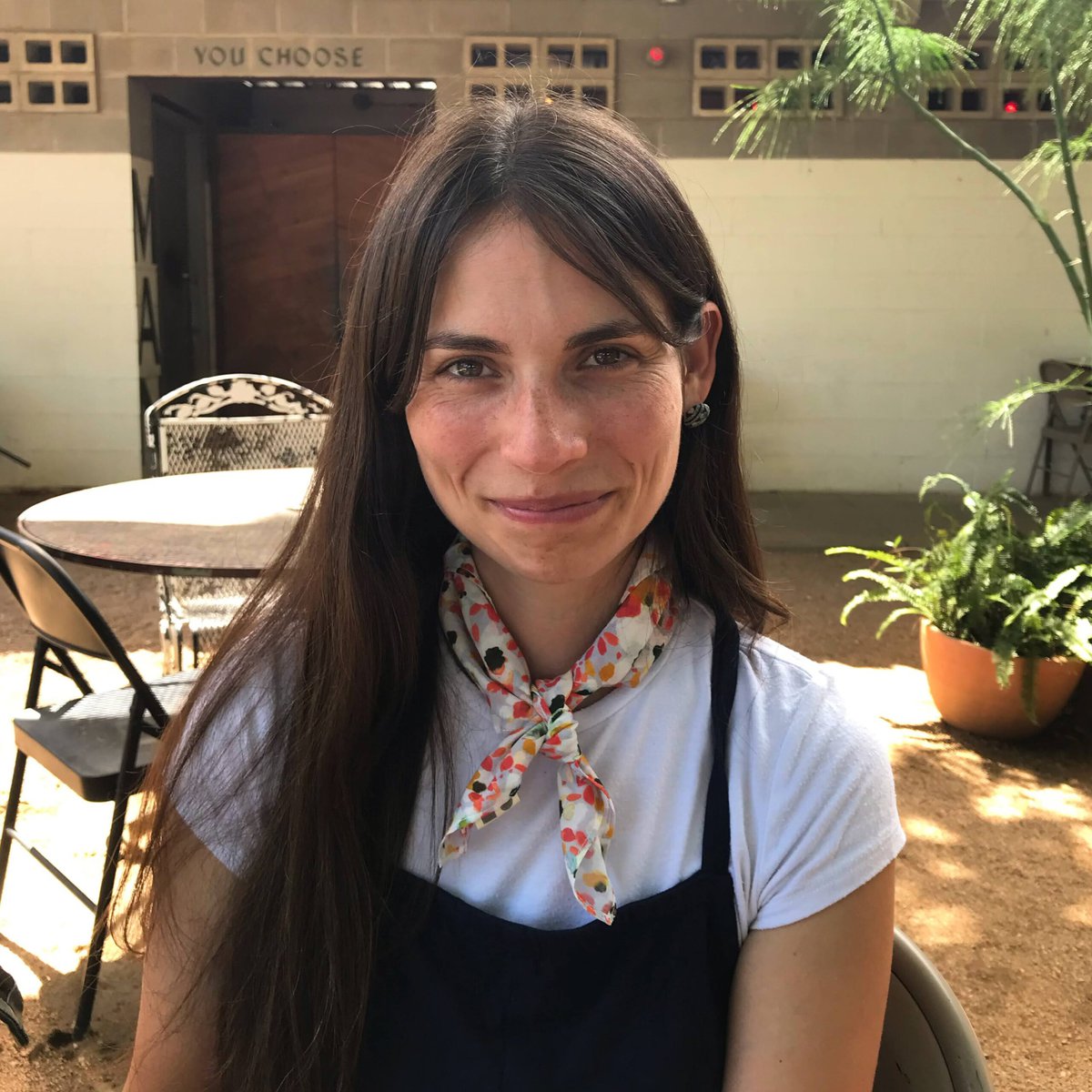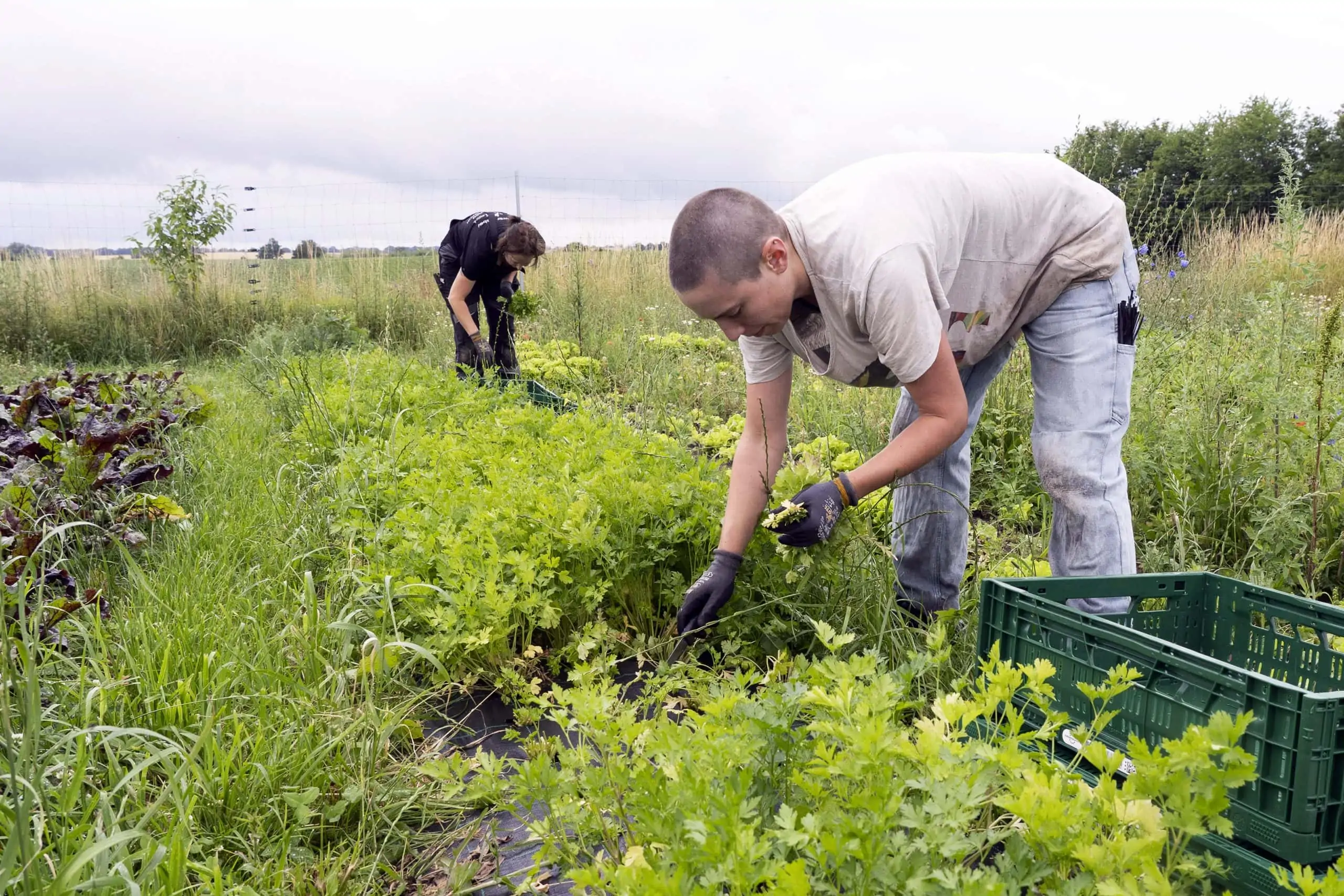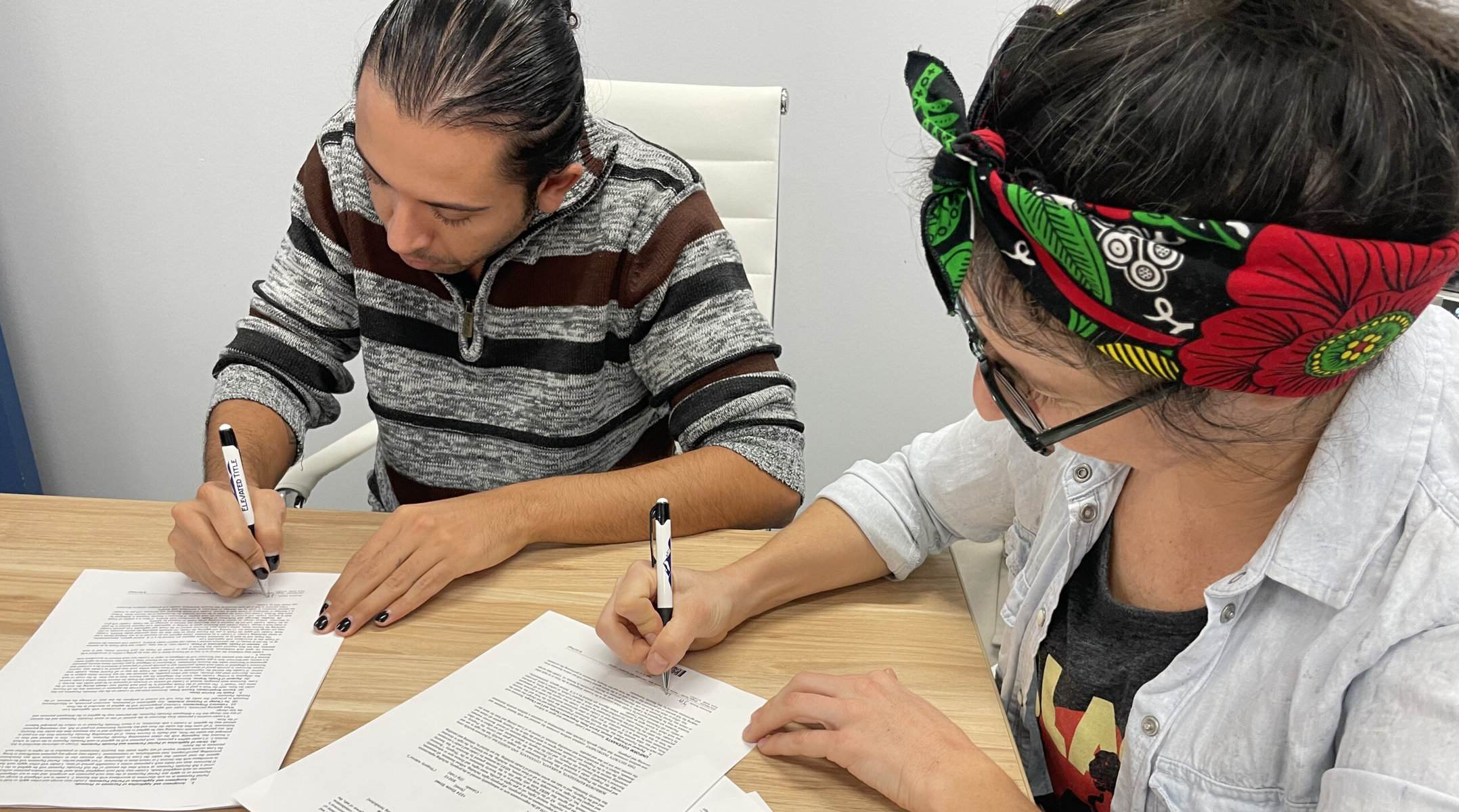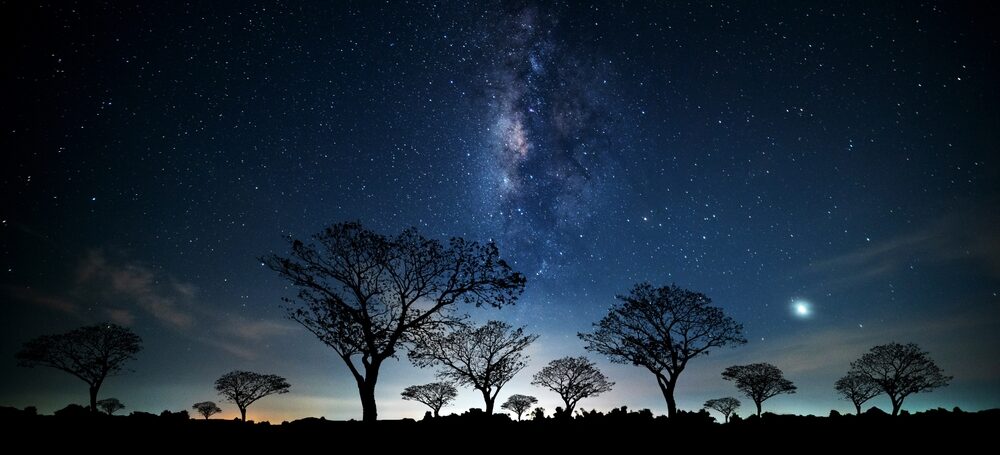Welcome back to our weekly behind-the-scenes glimpse at what’s getting our team talking. Let us know what you think at [email protected].
Good signs
Good news for kids (and parents) who are deaf or hard of hearing: Starting this month, episodes of several PBS children’s programs, including Arthur and Daniel Tiger’s Neighborhood, will include American Sign Language interpretations. As a Fast Company story shared by Editorial Director Rebecca Worby explains, while the brand has long offered closed-captioning, this latest accessibility measure is aimed at preschoolers who can’t yet read.
Becca says:
PBS Kids is integrating ASL interpreting into some of its shows. A surprise to me: ASL is the third-most commonly used language in the US after English and Spanish.
Earth Day every day
This week, the Washington Post highlighted a range of Native American practices that could help to mitigate the impacts of climate change. The list includes Hopi dryland farming, Zuni waffle gardens, Acoma seed saving and Swinomish clam gardens. As Audience Engagement Manager Mariel Lozada points out, it also includes prescribed burns, a practice we covered in last week’s edition of What We’re Reading.
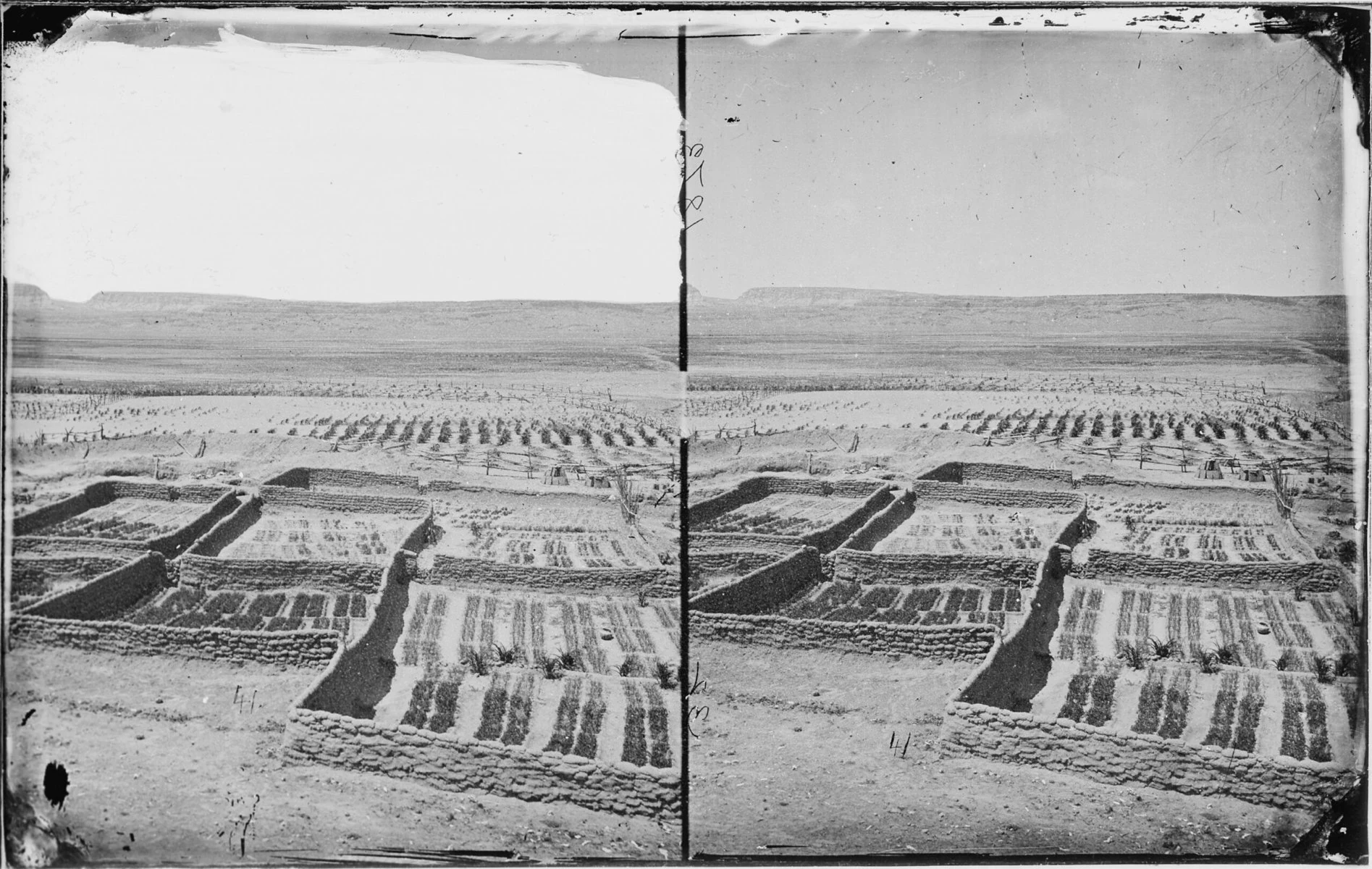
Mariel says:
For Earth Day, the Washington Post selected nine practices from Native American culture that could help the environment. One of them is controlled burns!
What else we’re reading
🏊 The new geography of Paris — shared by RTBC Founder David Byrne from The Economist
🪸 Divers in the Philippines create nurseries for rescued coral — shared by Editorial Director Rebecca Worby from Reuters
✋ Touch can reduce pain, depression and anxiety, say researchers — shared by Contributing Editor Michaela Haas from The Guardian
Elsewhere in our channels…
On Earth Day, President Biden announced the awarding of $7 billion to expand residential solar power in low-income communities. Indigenized Energy, which we covered in a Fixer post at the end of last year, reached out to let us know that they were among the recipients. “This is a once-in-a-generation award that will begin to transform how tribes achieve energy sovereignty,” said Cody Two Bears, executive director of Indigenized Energy. “The shift from extractive energy to regenerative energy systems will be the legacy we leave for our future generations.”

